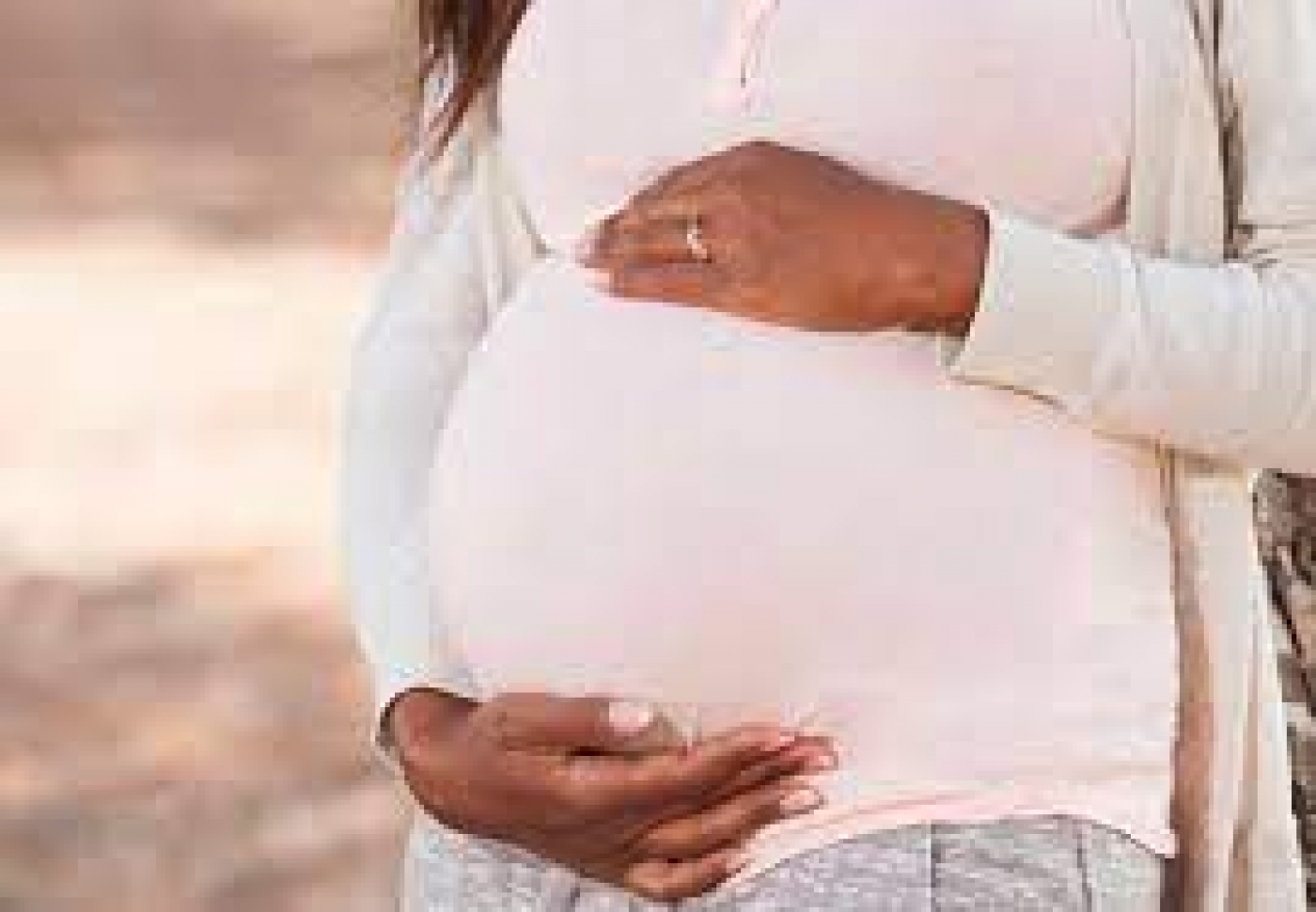The nutritionist said pregnant women should also ensure they consume foods rich in protein especially fruits and vegetables.
Prof. Ogunba, a specialist in maternal and child nutrition, also advised women planning to get pregnant to ensure they have good nutritional status before becoming pregnant.
She explained, “Iron is key when it has to do with pregnancy. When a woman’s nutritional status is poor during pregnancy, it has implications for the development of the baby.
“Vegetables should be more in their foods. They should not run away from any food.
“There is no food that is not good for pregnant women. Most times, we have these taboos that pregnant women should not consume certain foods.
“They should do away with such taboos and ensure they eat well to have enough iron that their babies need for development.”
Prof. Ogunba noted that it is important for women to build up their nutritional status for at least six months before becoming pregnant.
This, she said, is to avoid having babies with low birth weight and its attendant health consequences such as anaemia.
She pointed out that women who were anaemic before pregnancy had higher chances of giving birth to babies with low birth weight.
“So, it is important for women to build up their nutritional status before pregnancy.
“I will recommend a minimum of six months for women to begin to build their nutritional status before pregnancy by boosting their iron status for the baby to have enough iron when they are pregnant.
“It is important because, in the first three months of pregnancy, most women have food issues.
“Some find it difficult to eat. So, if a woman has enough iron before conception, even if she is finding it difficult to eat, the baby already has enough iron to fall back on,” the nutritionist said.
The nutritionist urged pregnant women to consume a variety of foods, fruits, and vegetables rich in iron.
The World Health Organisation defined low birthweight as weight less than 2,500g at birth, warning that it contributes to a variety of pitiable health outcomes.
It says more than 80 per cent of the world’s 2.5 million newborns who die every year are of low birth weight.
According to WHO, those low birth weight babies who survive have a greater risk of stunting, and developmental and physical ill-health later in life, including diabetes and cardiovascular disease.
Source: healthwise







